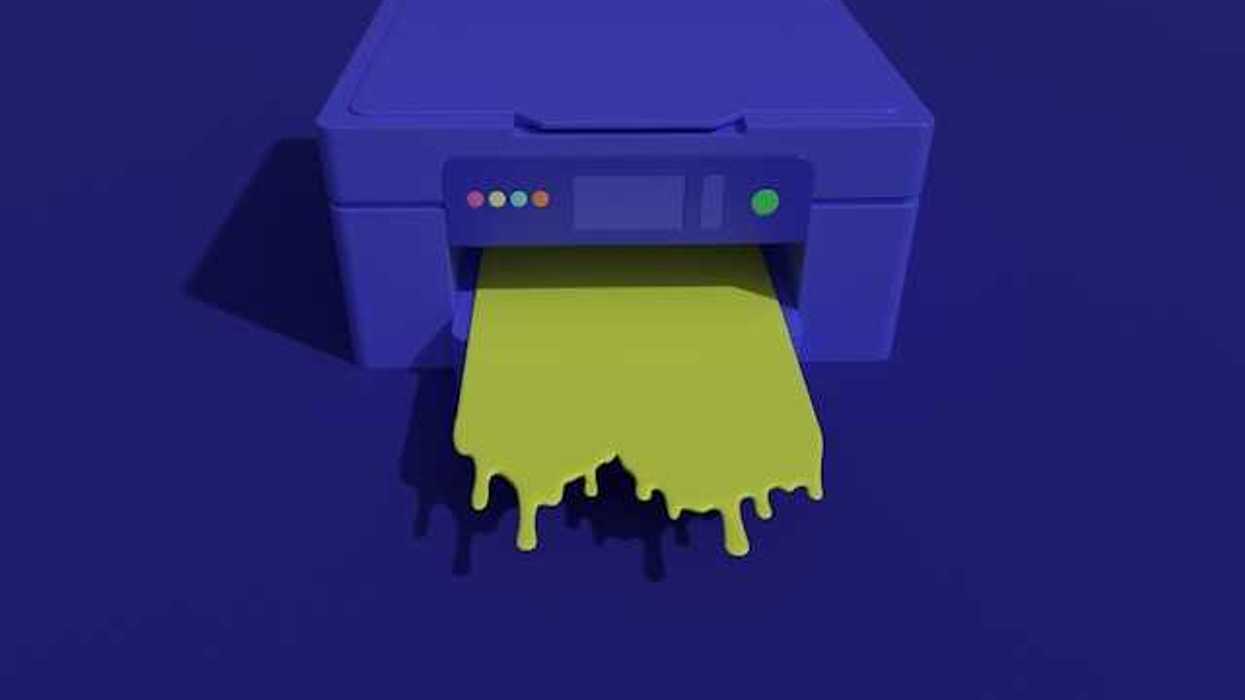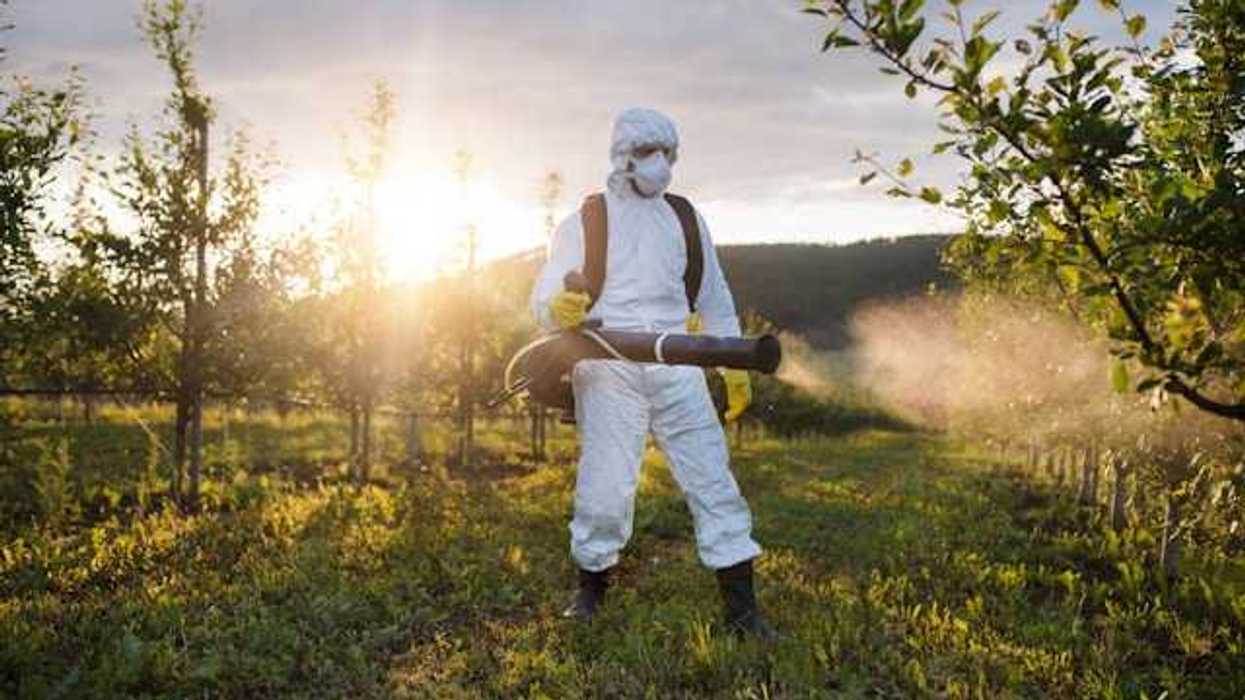Milwaukee officials investigating lead hazards in public schools will not receive expert assistance from the U.S. Centers for Disease Control and Prevention (CDC) after mass federal layoffs eliminated the agency’s lead program.
Sarah Volpenhein reports for Milwaukee Journal Sentinel.
In short:
- The CDC denied Milwaukee’s request for emergency epidemiological assistance on April 3, citing the elimination of its lead poisoning prevention branch due to federal layoffs.
- The U.S. Department of Health and Human Services, now under Secretary Robert F. Kennedy Jr., has reorganized, consolidating divisions and laying off staff as part of a broader efficiency plan.
- Milwaukee Public Schools faces widespread lead risks, with at least seven schools affected and more under investigation, leaving local officials to manage without federal support.
Key quote:
"This only underscores the importance of the role local public health plays in protecting communities – and the challenges we now face without federal expertise to call on."
— Caroline Reinwald, spokesperson for the Milwaukee Health Department
Why this matters:
Lead exposure remains one of the most preventable environmental health hazards, yet it continues to put children at risk—especially in aging school infrastructure. Even low levels of lead can damage the developing brains of young children, impairing cognition and behavior in ways that last a lifetime. Milwaukee’s school buildings, many of them built before lead-based paint was banned, are part of a broader pattern across U.S. cities where underfunded districts struggle to keep kids safe. Meanwhile, the federal retreat from direct involvement in lead poisoning prevention raises questions about who will take responsibility for managing large-scale public health threats when state and local agencies are already stretched thin.
Learn more:













